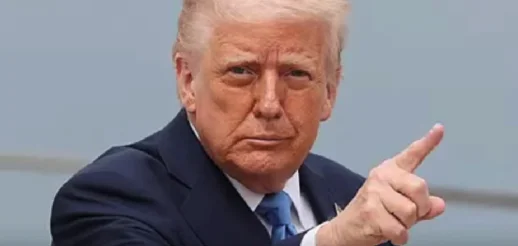✅ What happened?
On August 7, 2025, U.S. President Donald Trump implemented a sweeping set of new import tariffs on goods from hundreds of countries, including many of America’s traditional trade partners.
These tariffs are part of a new policy called the “Universal Tariff of 10%”, which the administration says aims to protect American manufacturing, reduce the trade deficit, and punish countries that “cheat America” or manipulate the global market.
📋 Which tariffs went into effect?
Advertisement
| Country / Region | Tariff Imposed |
|---|---|
| Syria | 41% |
| United Kingdom | 10% |
| Mexico | 10% |
| Canada | 10% |
| European Union | 10% |
| China (new products) | Up to 25% |
| All other countries (most goods) | 10% |
Some strategic goods and selected allied nations are exempt from the new tariffs.
💬 International Reactions
- The EU and UK condemned the decision, calling it “unilateral and dangerous for the global economy.”
- Canada warned it would impose reciprocal tariffs in response.
- Mexico immediately requested trade renegotiations.
- China, while cautious, labeled the move an “economically hostile act.”
🏭 Which industries are most affected?
- Machinery & Electronics – rising import prices.
- Appliances & Tech – companies like Apple may face higher costs.
- Automotive sector – significant impact on car manufacturing and parts.
- Food & Agricultural Supplies – imported food products could see price increases.
📉 What does this mean for the global economy?
Experts warn:
- The tariffs could spark a new wave of global trade wars, similar to 2018–2019.
- U.S. inflation may rise if companies pass added costs to consumers.
- Global economic uncertainty could increase, with market volatility and strained international relations.


